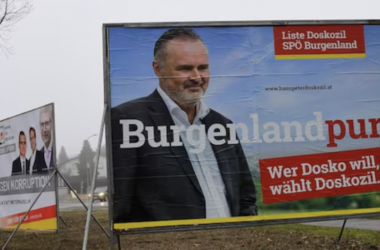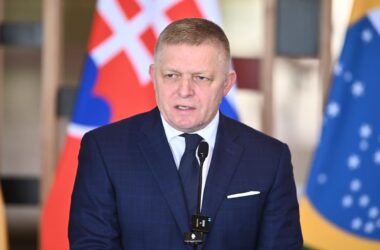In a bold move to ramp up pressure on Moscow, EU ambassadors gave the green light to a new round of sanctions on Wednesday—this time zeroing in on nearly 200 vessels tied to Russia’s so-called “shadow fleet.”
This 17th package of penalties is part of the bloc’s ongoing push to squeeze the Kremlin into serious peace talks over the war in Ukraine, now dragging into its third year since Russia’s full-scale invasion in February 2022.
While the sanctions weren’t especially controversial—focusing on limited economic hits—some EU members lobbied hard to widen the net, adding dozens more ships than initially planned.
Next up: final sign-off from EU defense ministers, expected on May 20. But there’s a catch—two countries still need to get the green light from their national parliaments before the package is a done deal, according to one EU diplomat.
Beyond just targeting shady maritime operations, the package slaps restrictions on around 30 foreign-based companies accused of helping Moscow dodge earlier sanctions. On top of that, 75 individuals and entities linked to Russia’s war effort have been added to the blacklist.
The EU’s also broadening its legal reach—now it can hit back at ships involved in sabotaging underwater infrastructure, hammer propaganda outlets, and freeze the assets of those bankrolling Russia’s aggression.
Germany’s newly minted chancellor, Friedrich Merz, has chimed in too. He’s calling for even tougher action if Moscow keeps up the attacks past a proposed ceasefire kicking off Monday. One of his bolder ideas? Confiscating already-frozen Russian assets.
“There’s no shortage of tools in the toolbox,” an EU diplomat told POLITICO. “If we really want to shake things up, energy and banking would be the pressure points—though Hungary’s likely to throw a wrench in that.”
Meanwhile, the EU’s working on another front—cutting the cord on Russian fossil fuels. New legislation aimed at phasing them out under the RePowerEU Roadmap is expected to drop by June.




